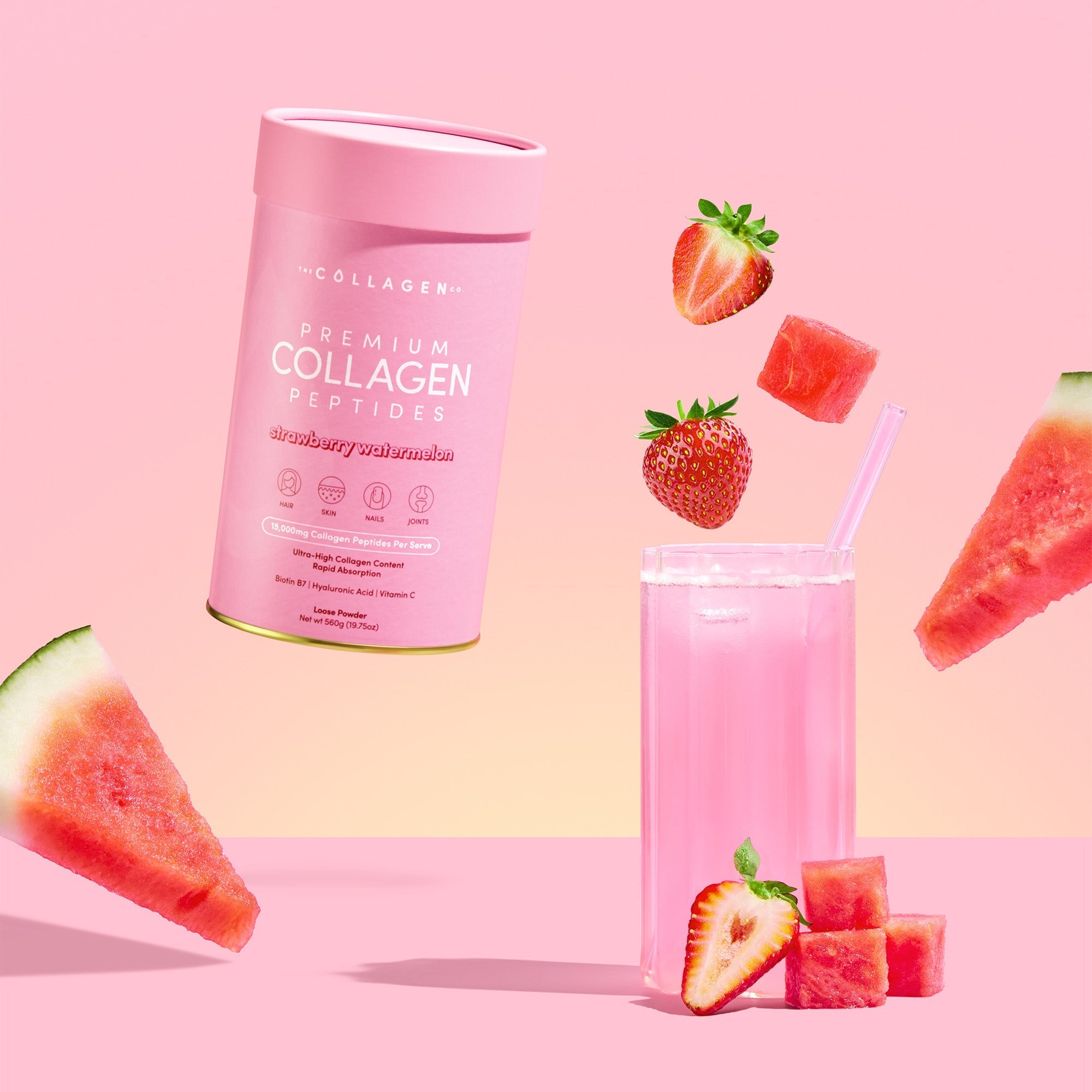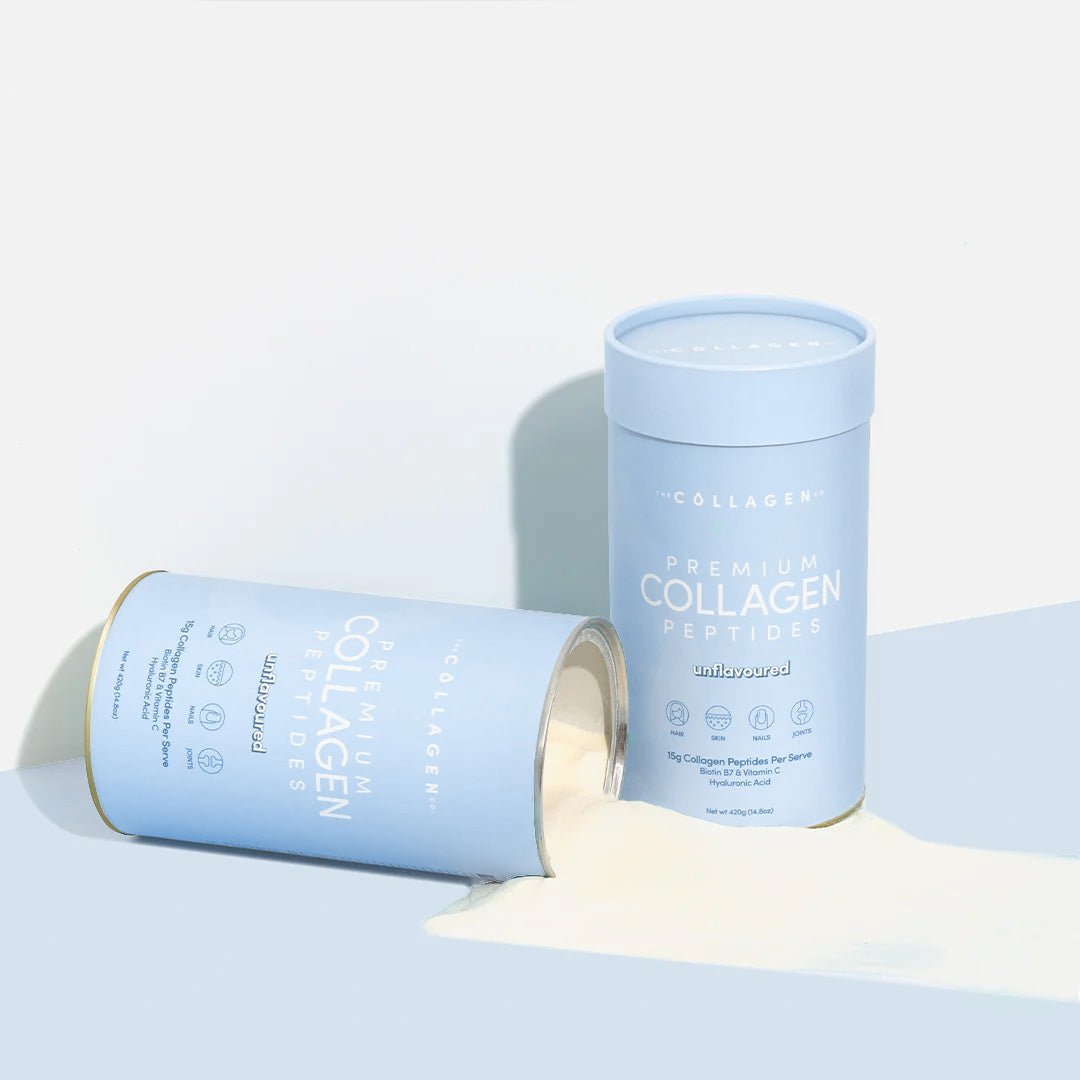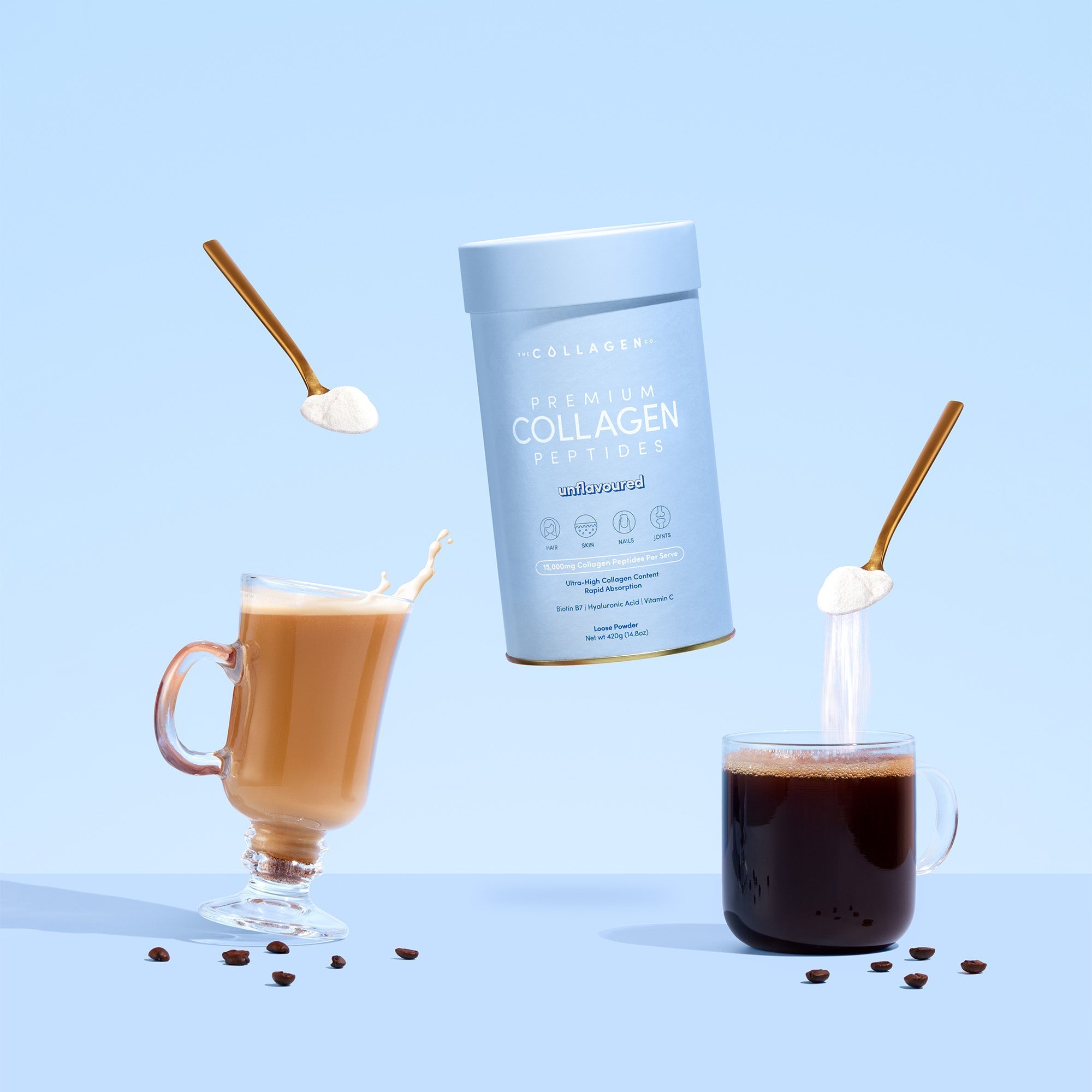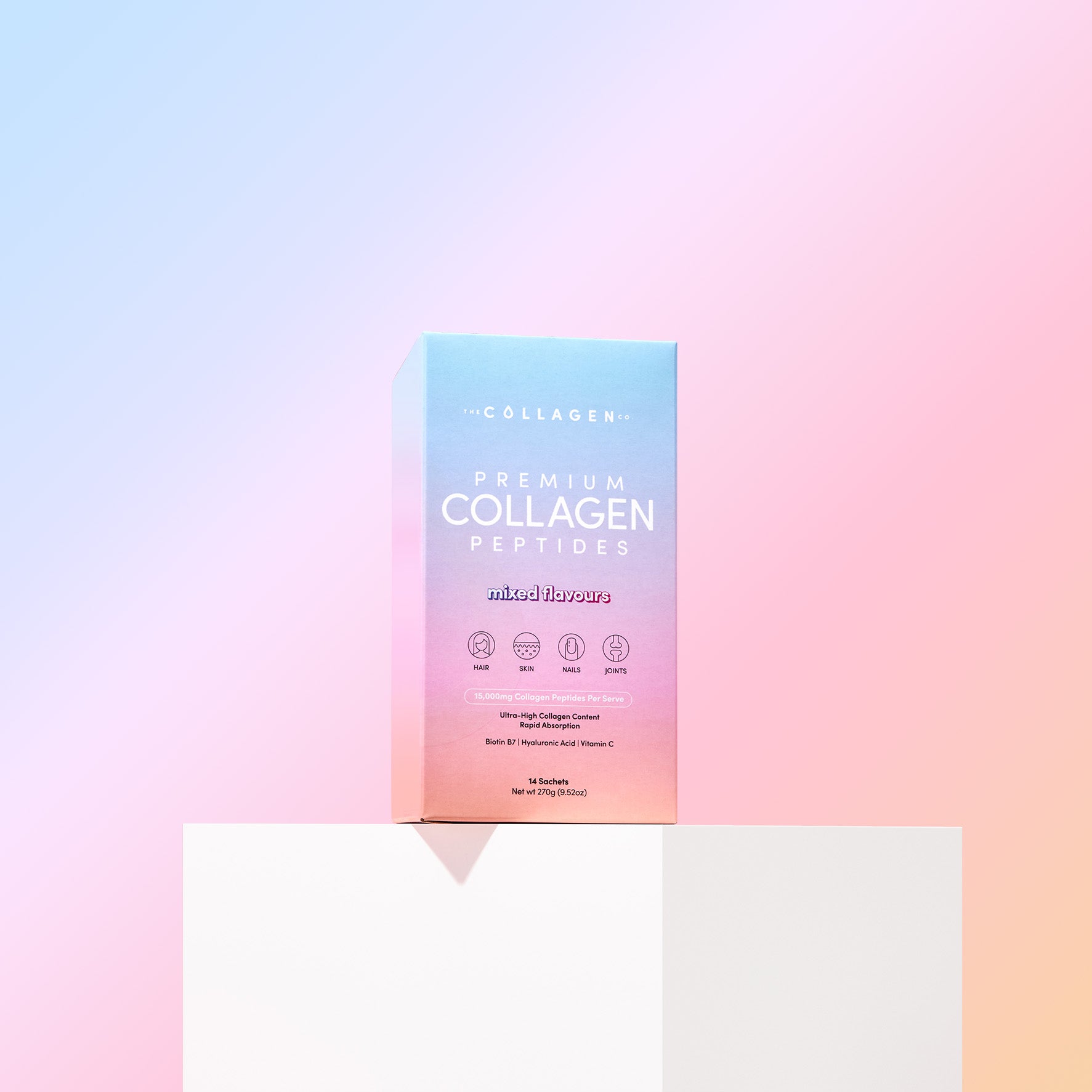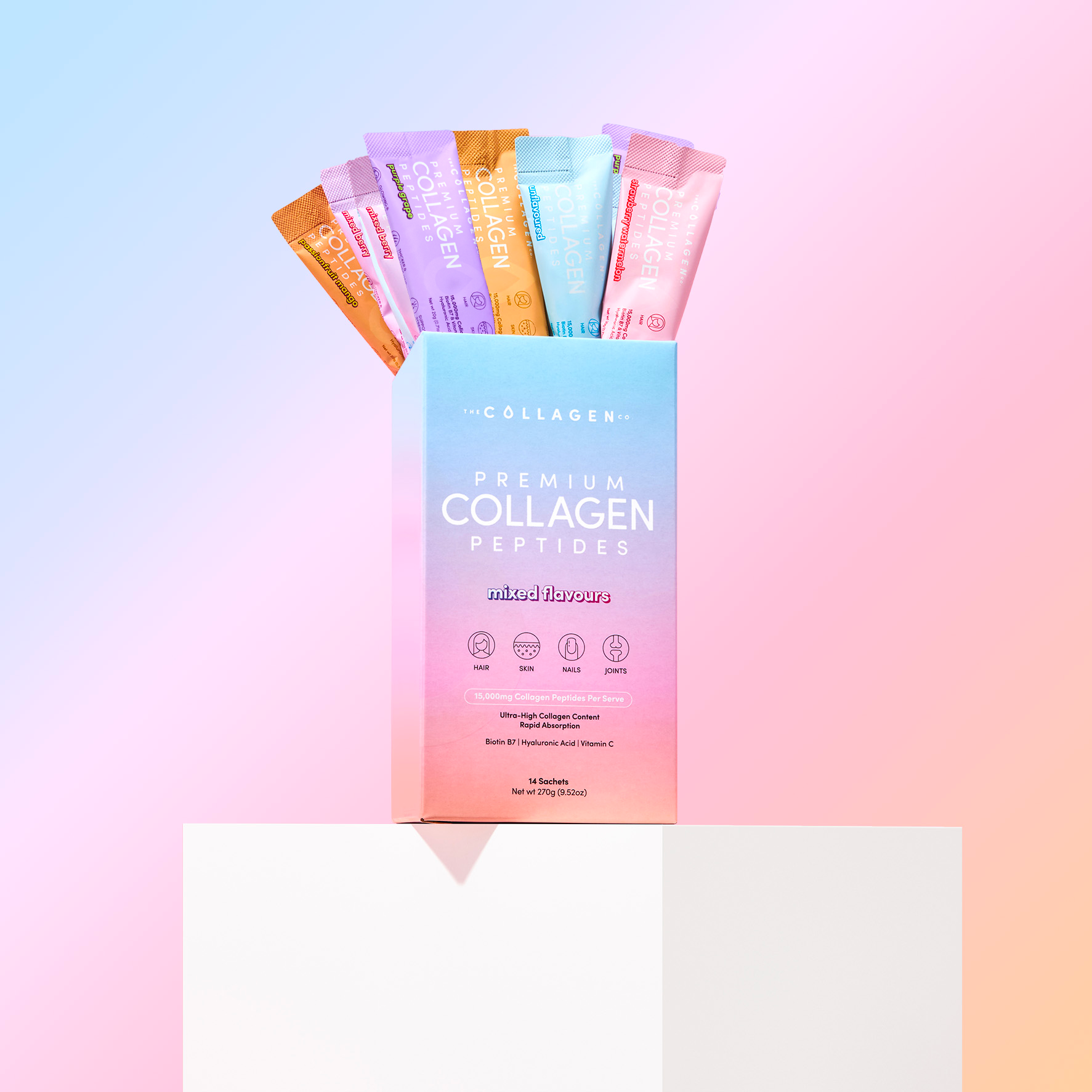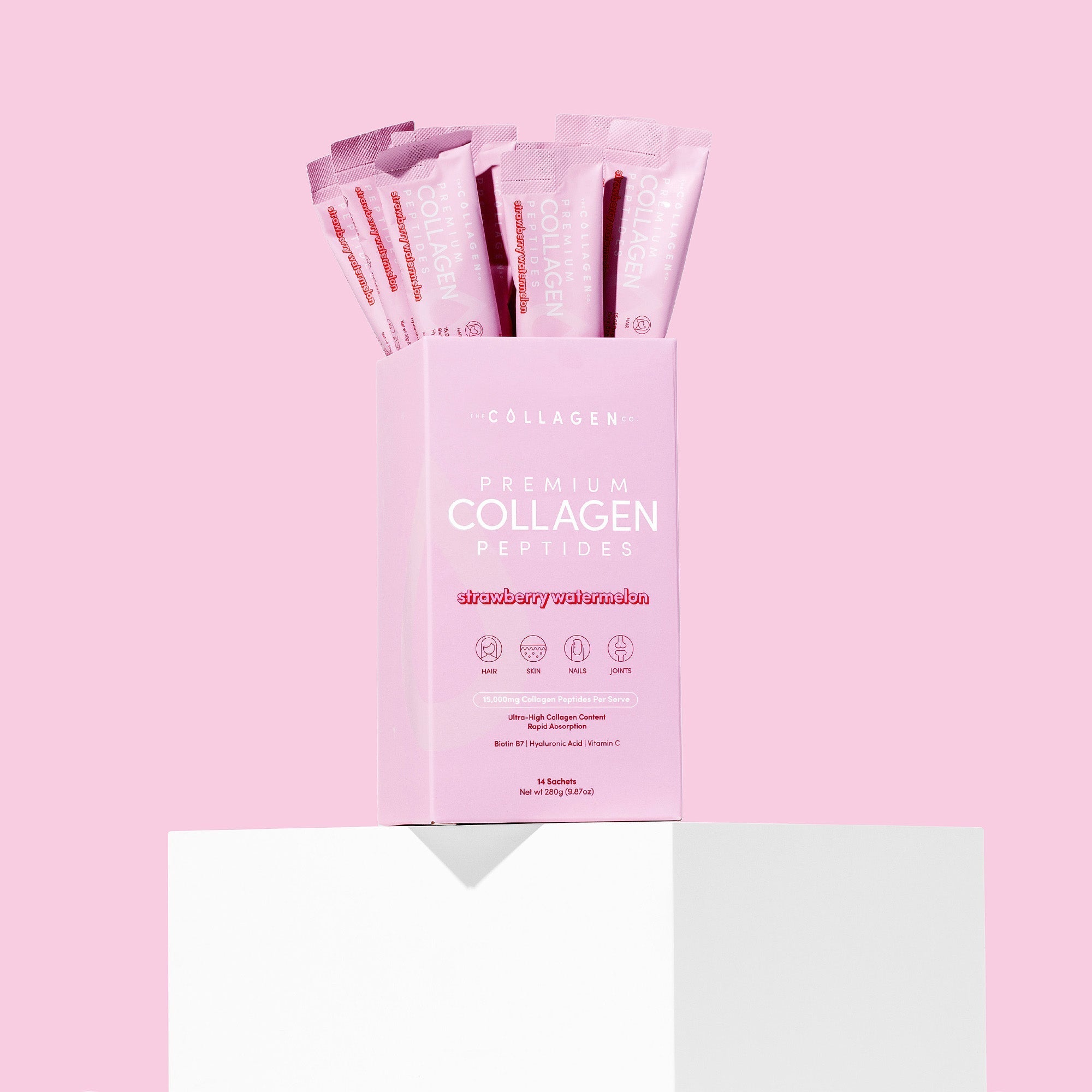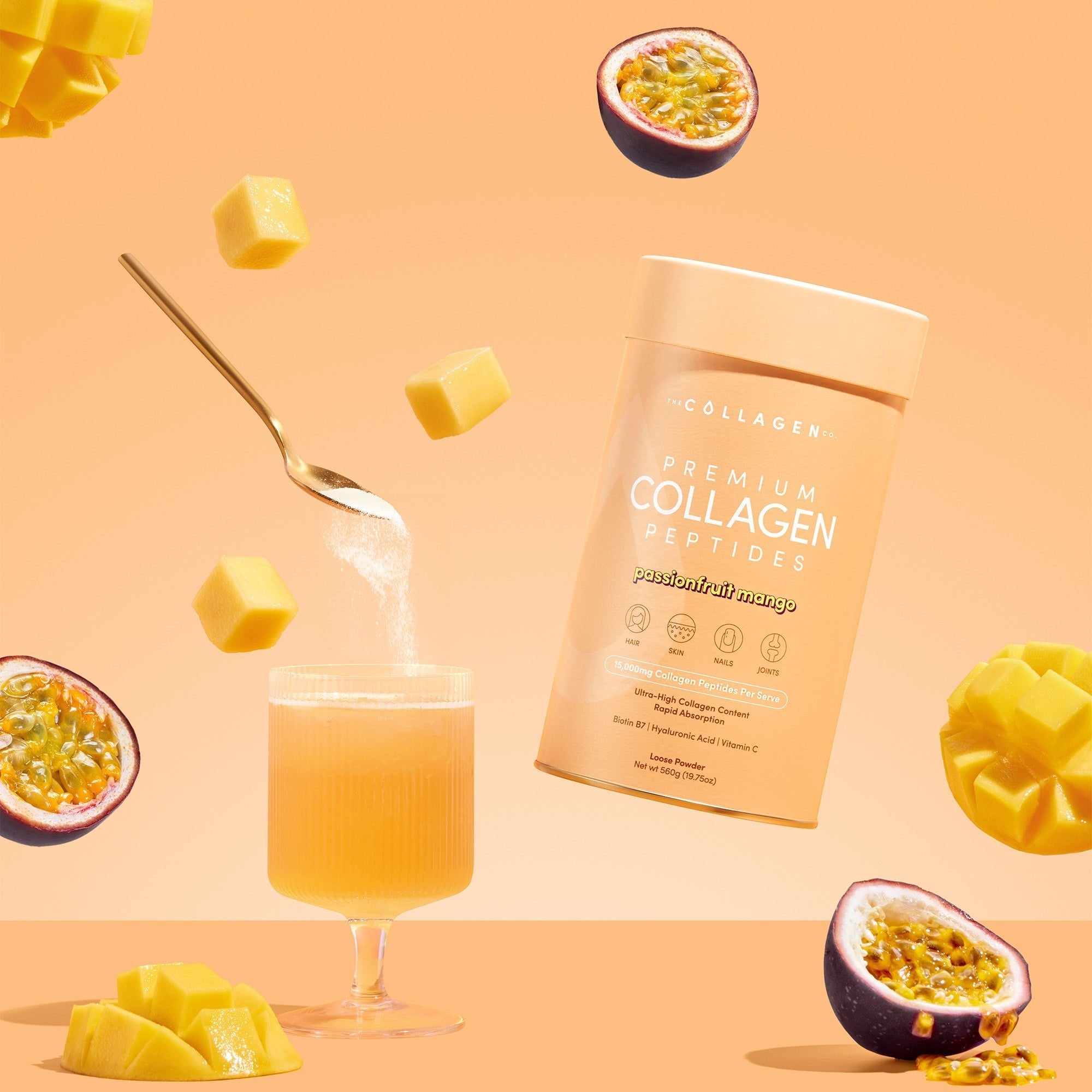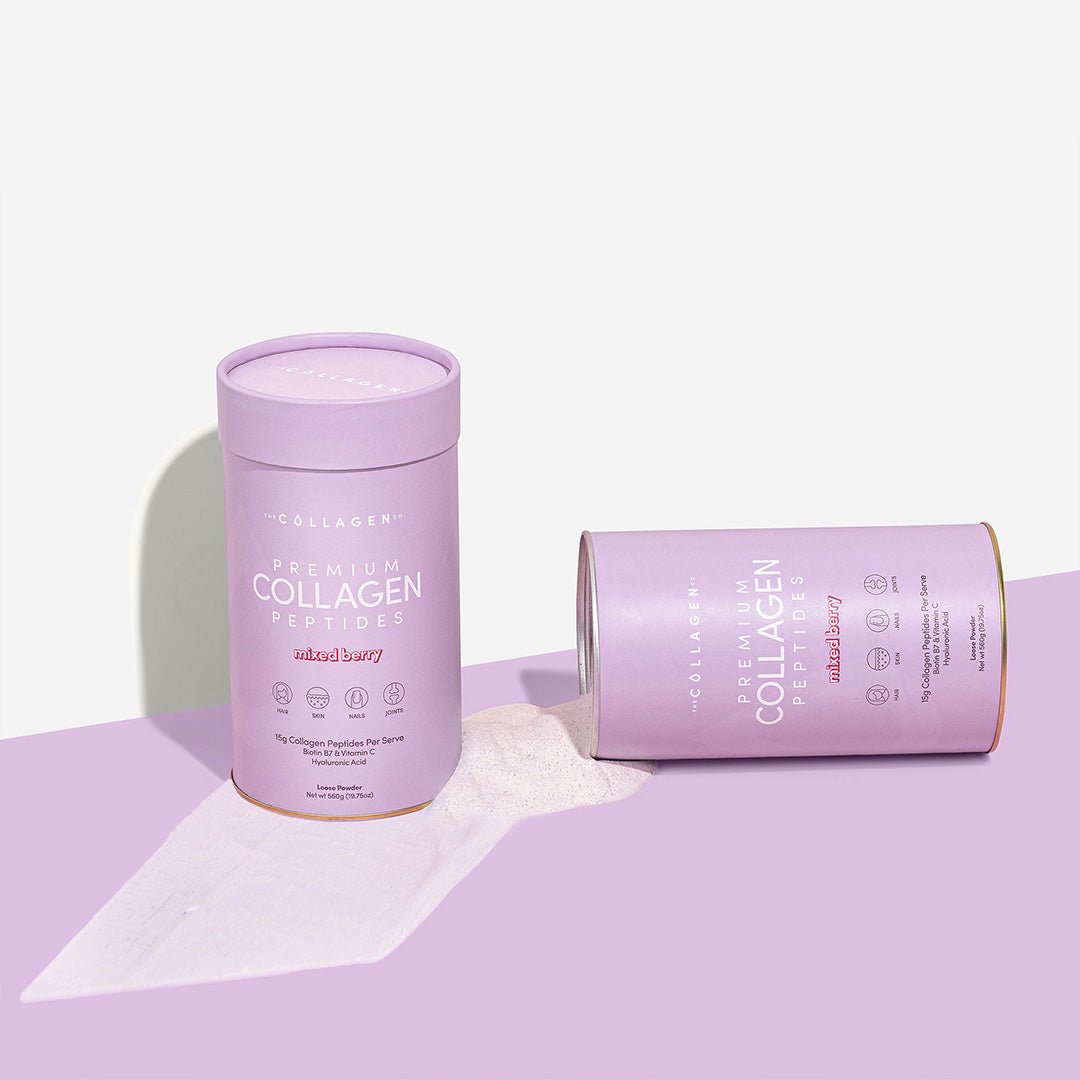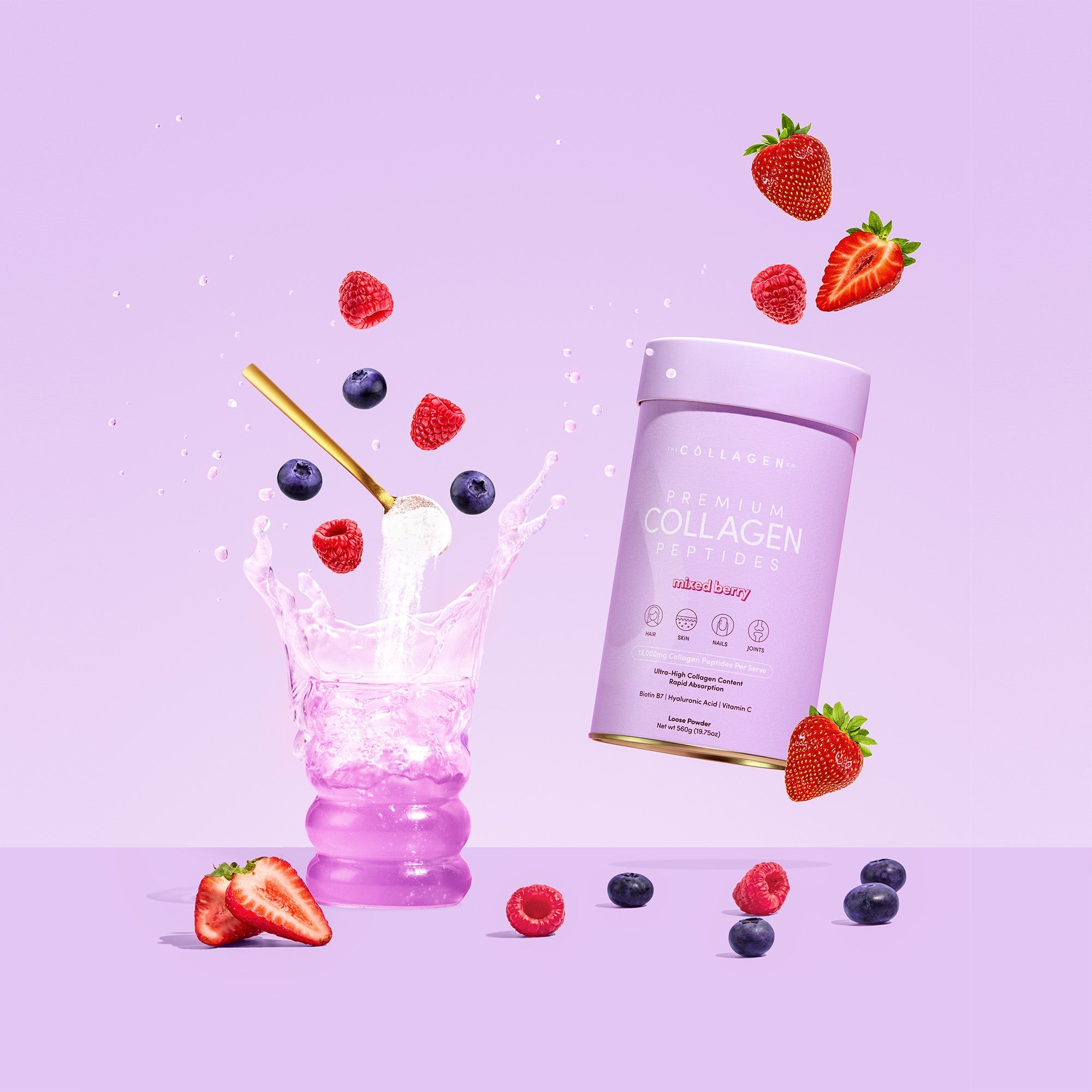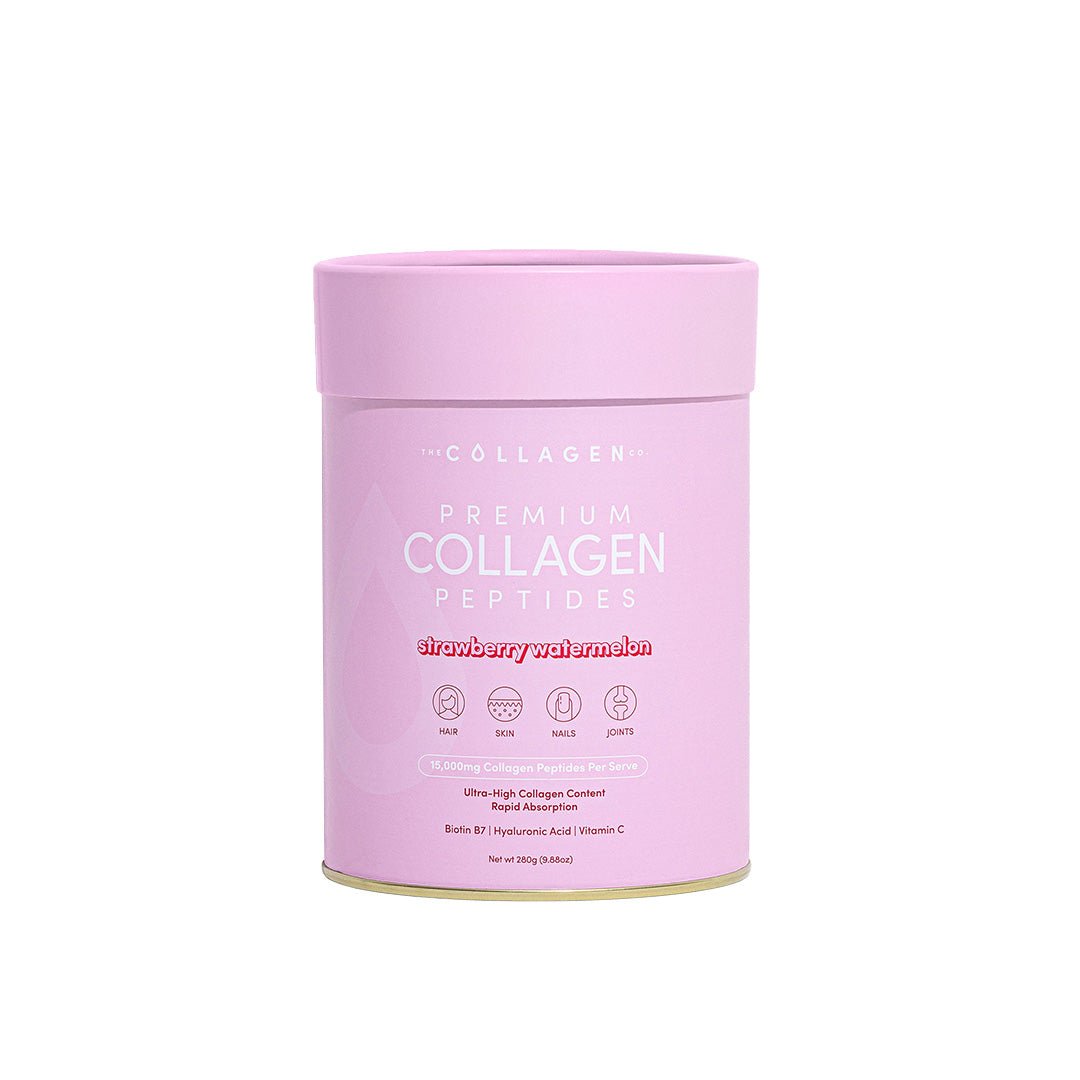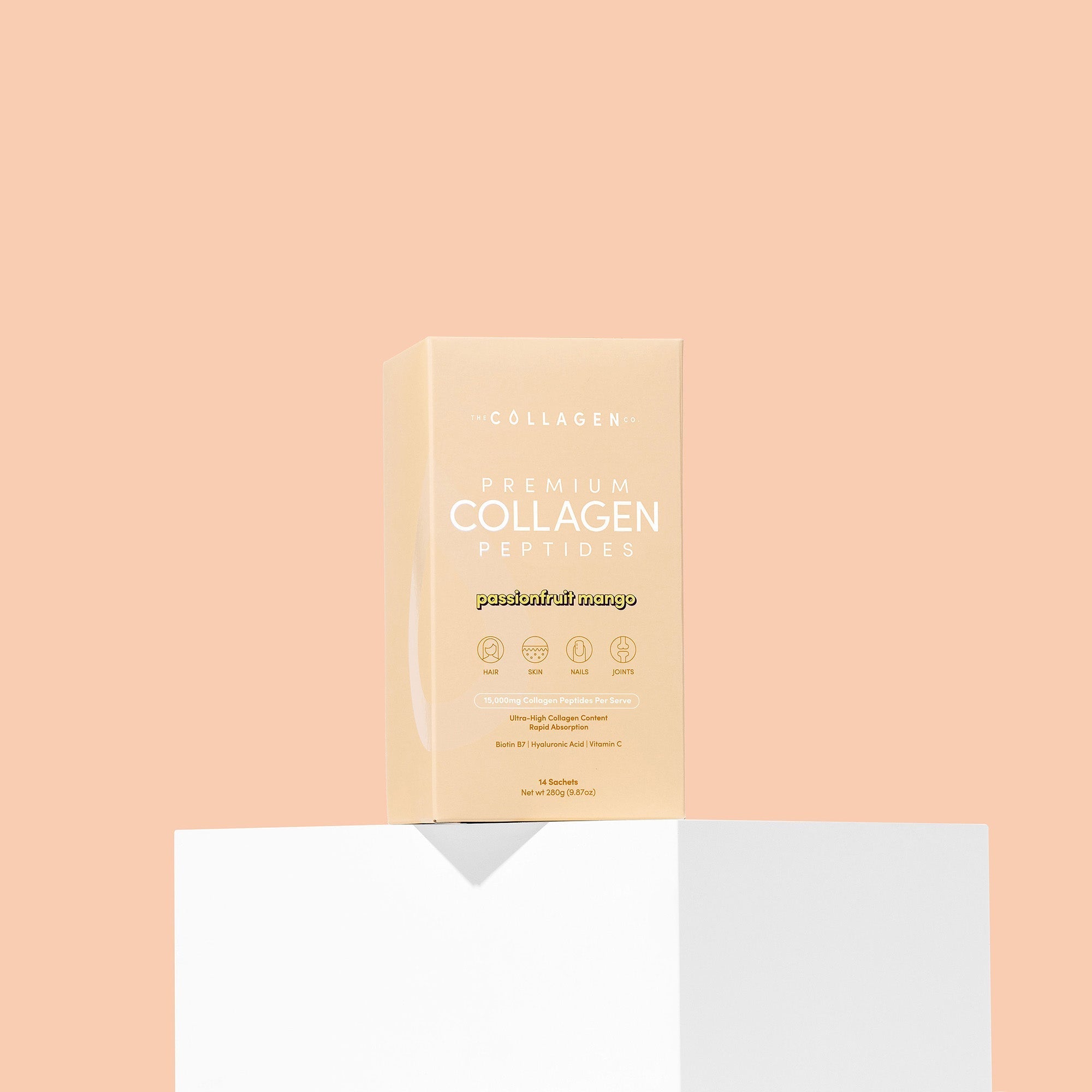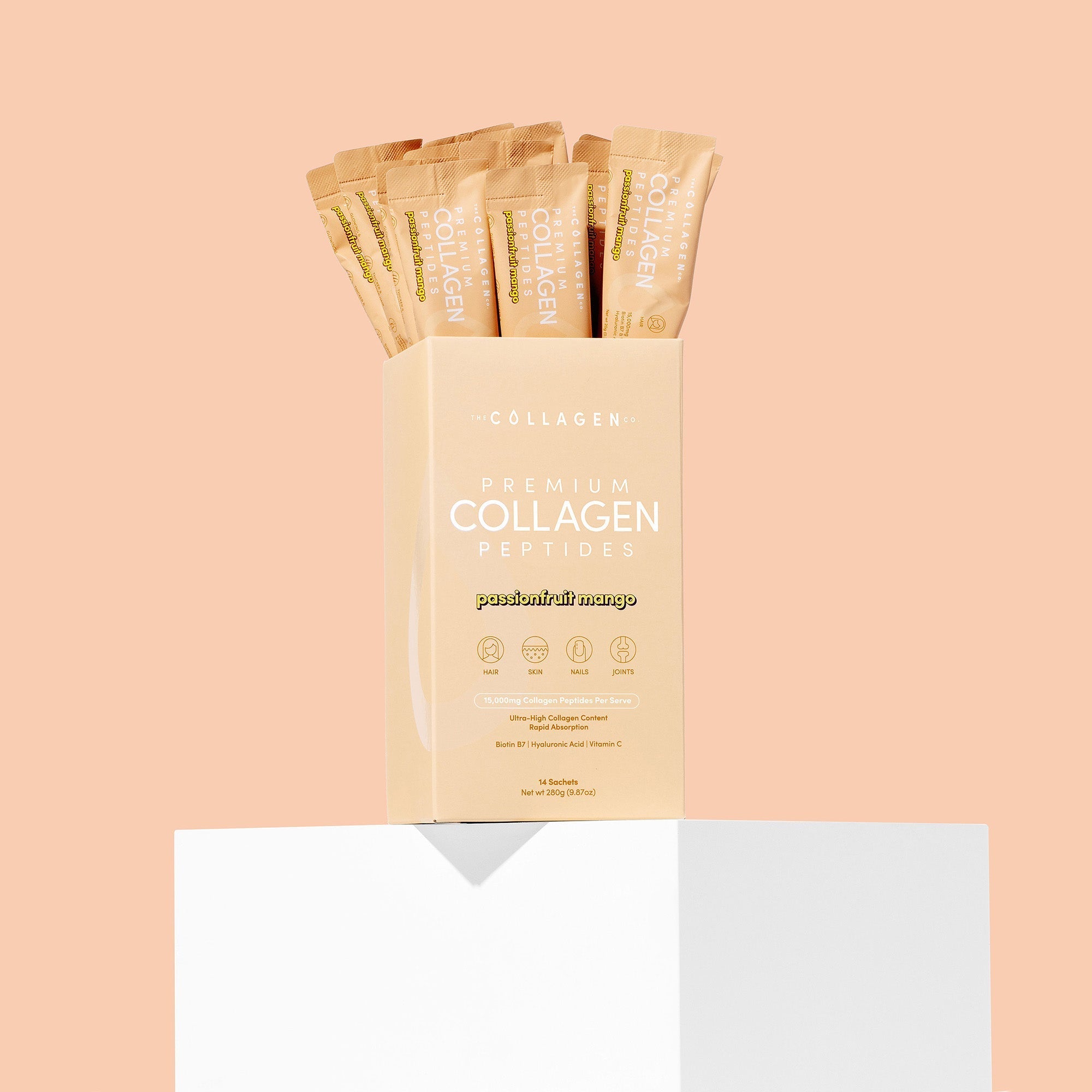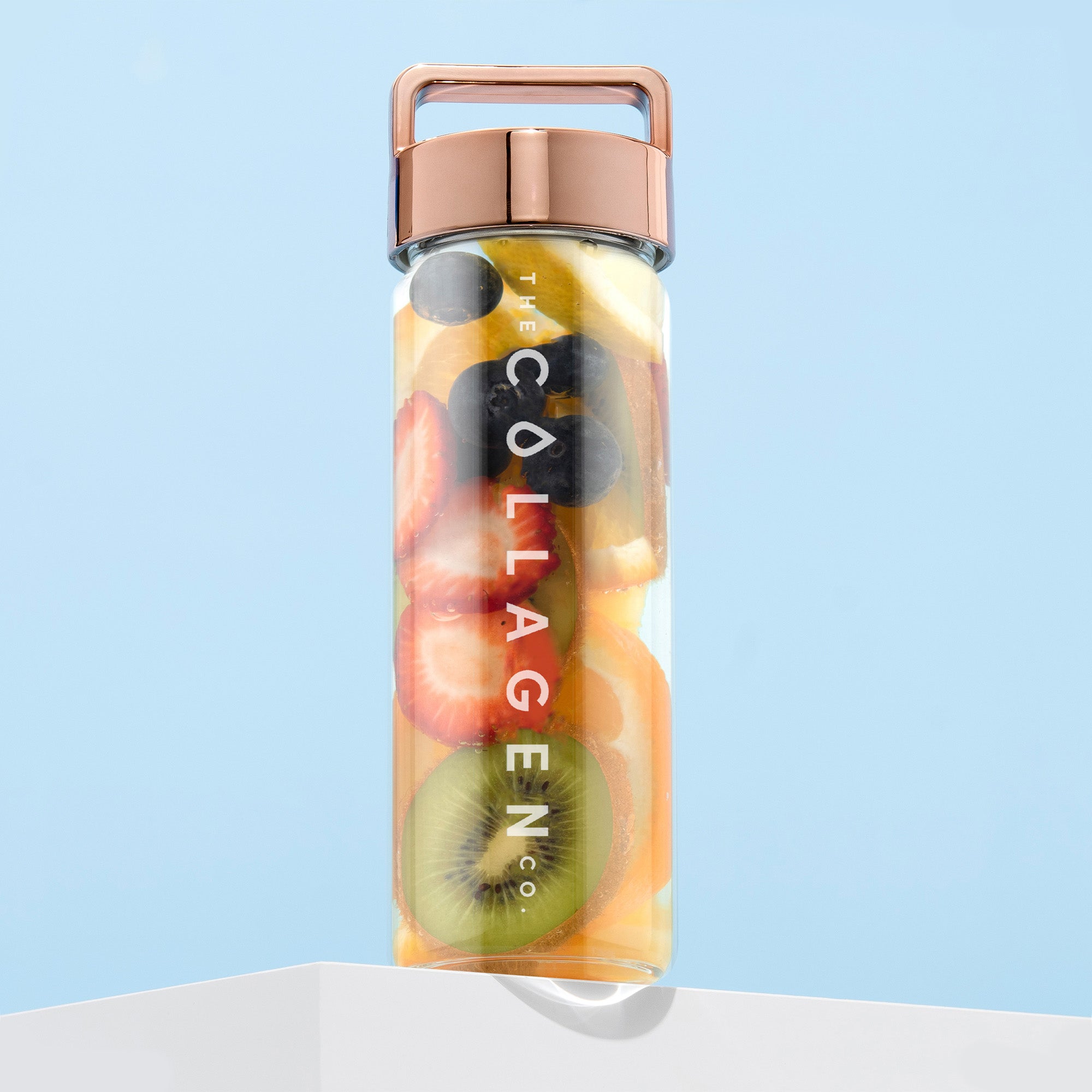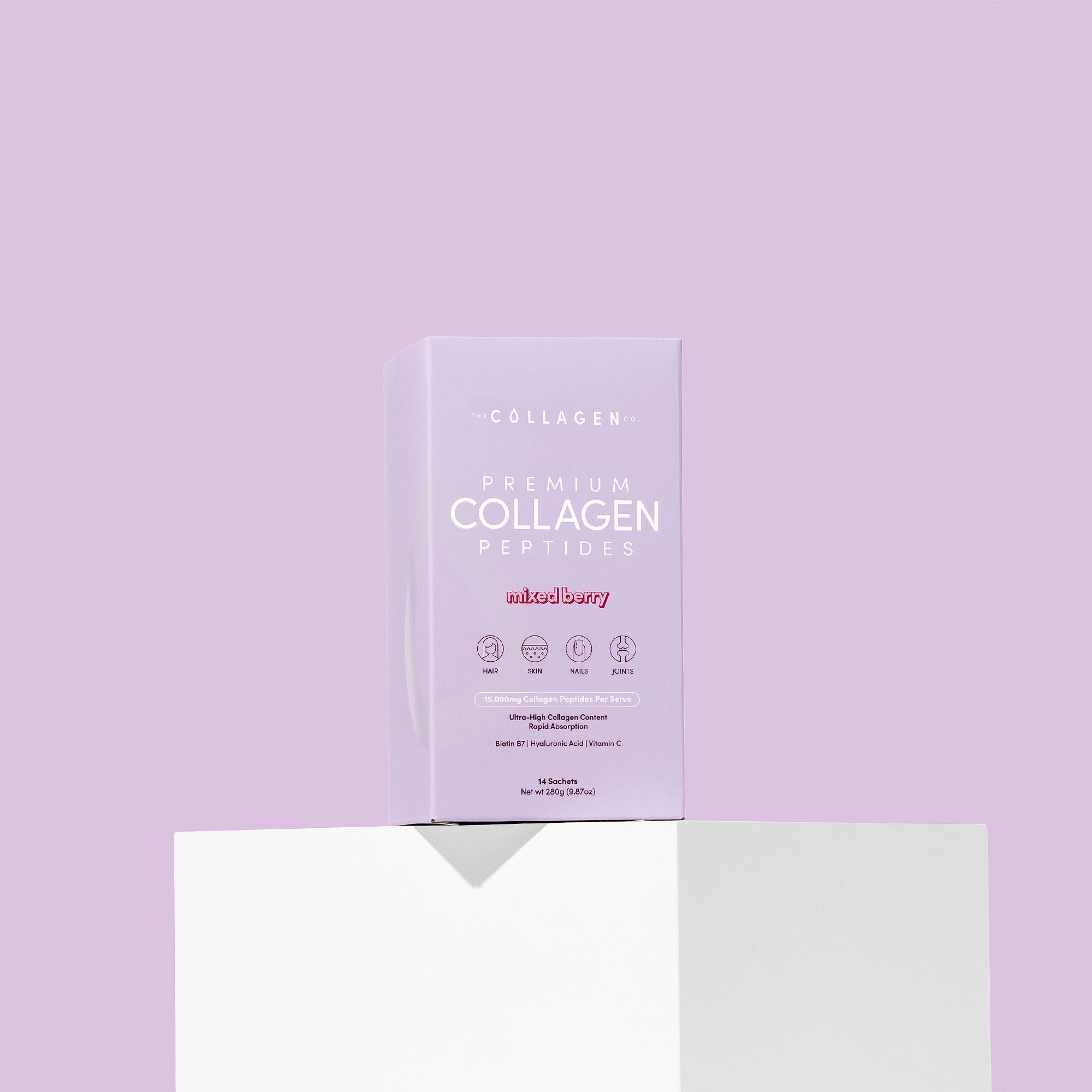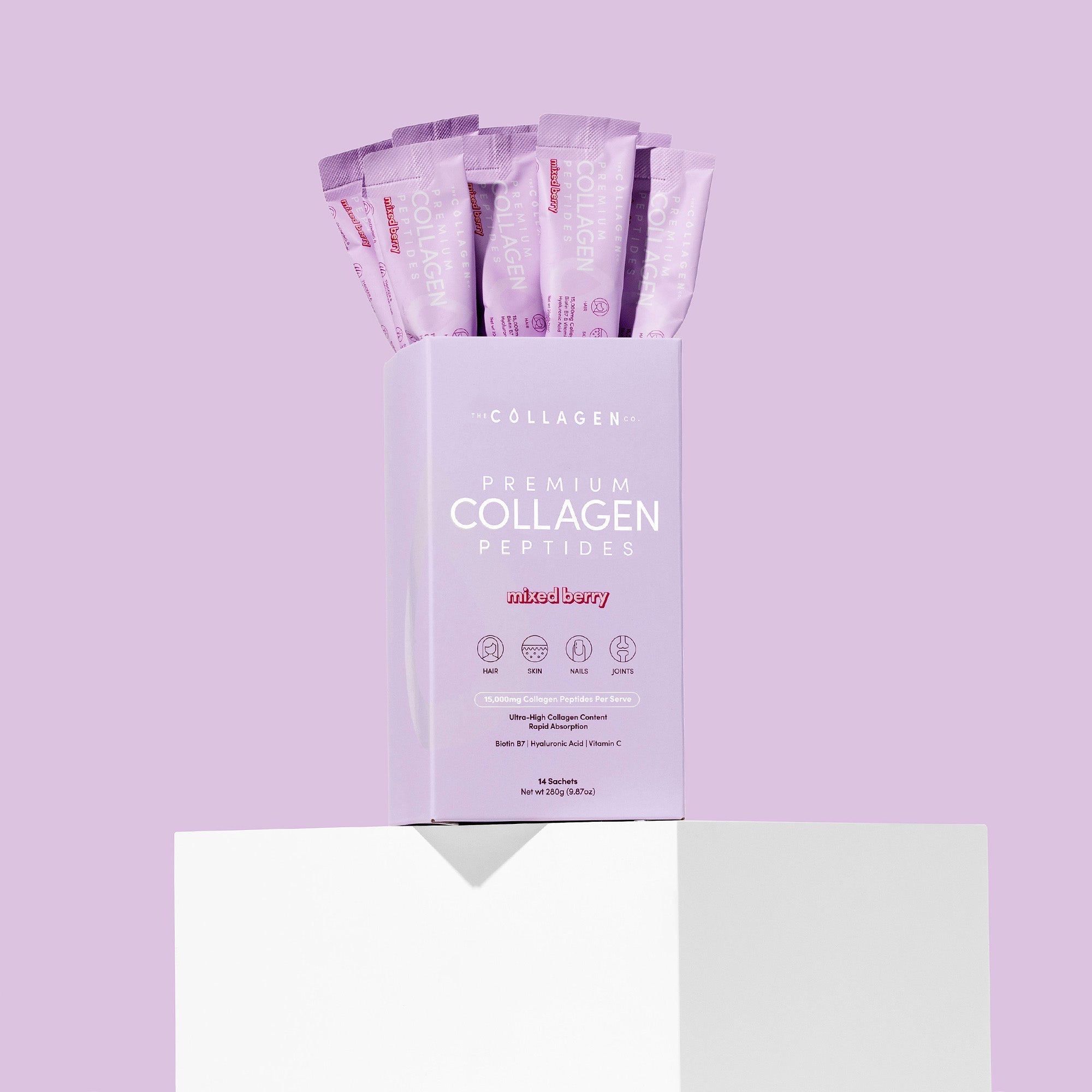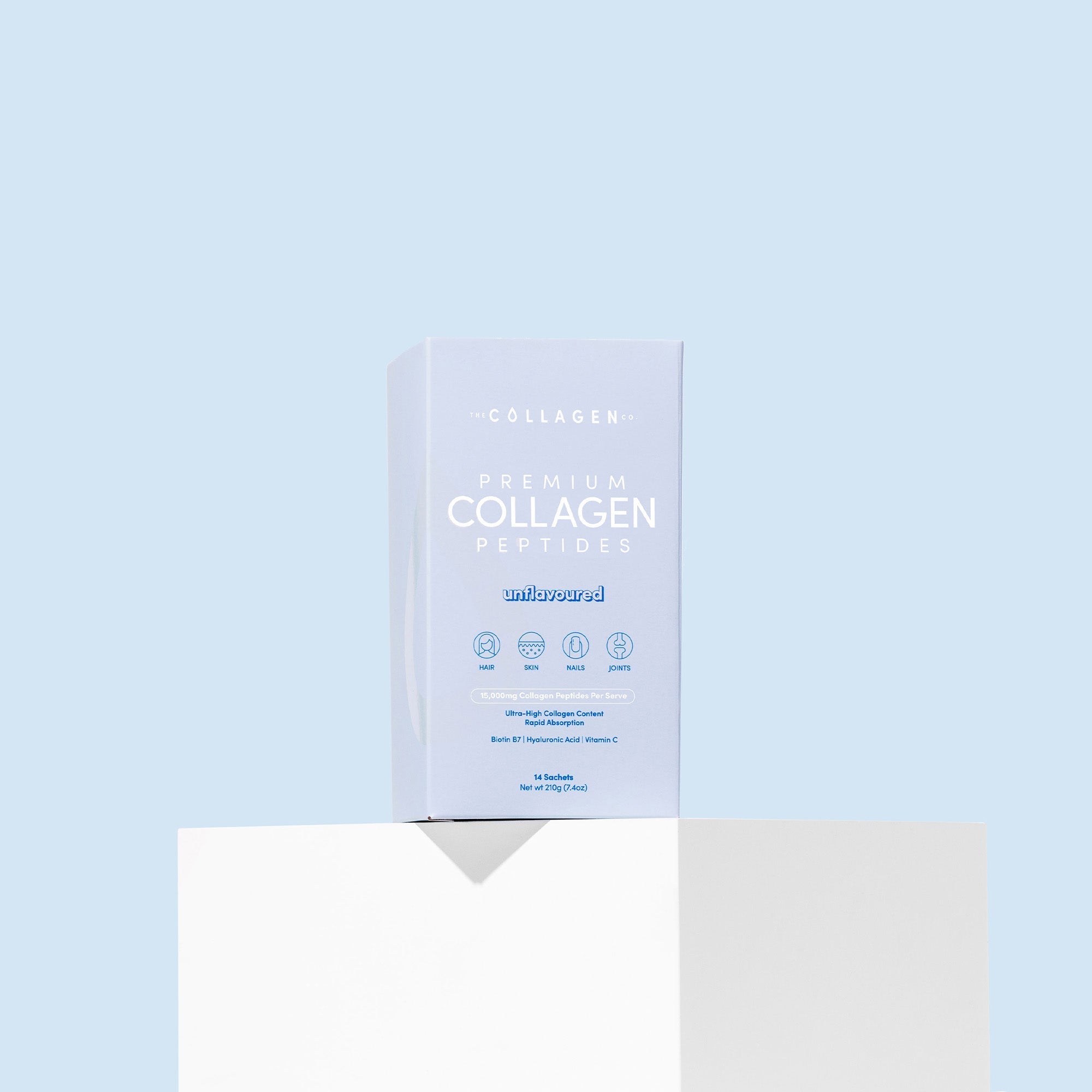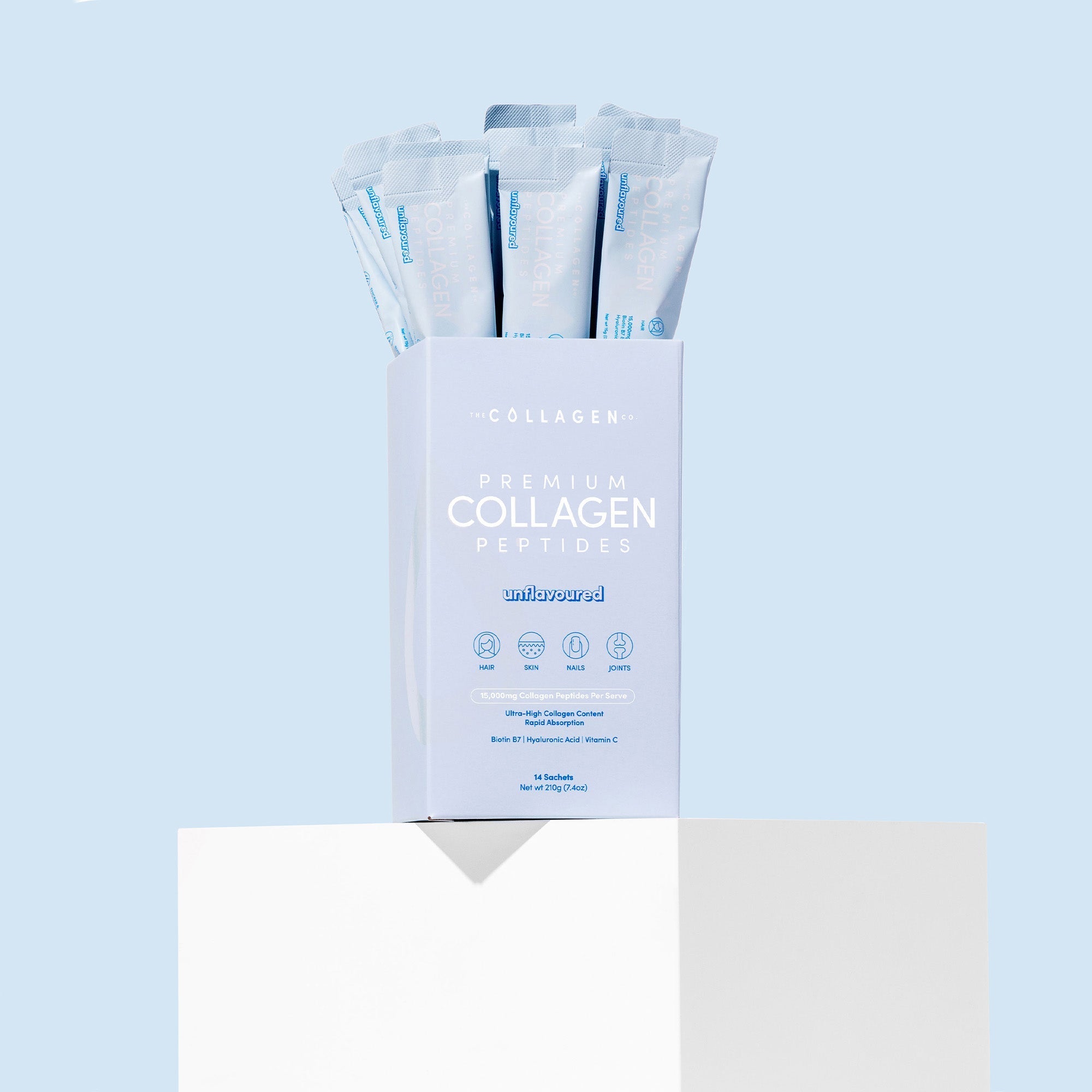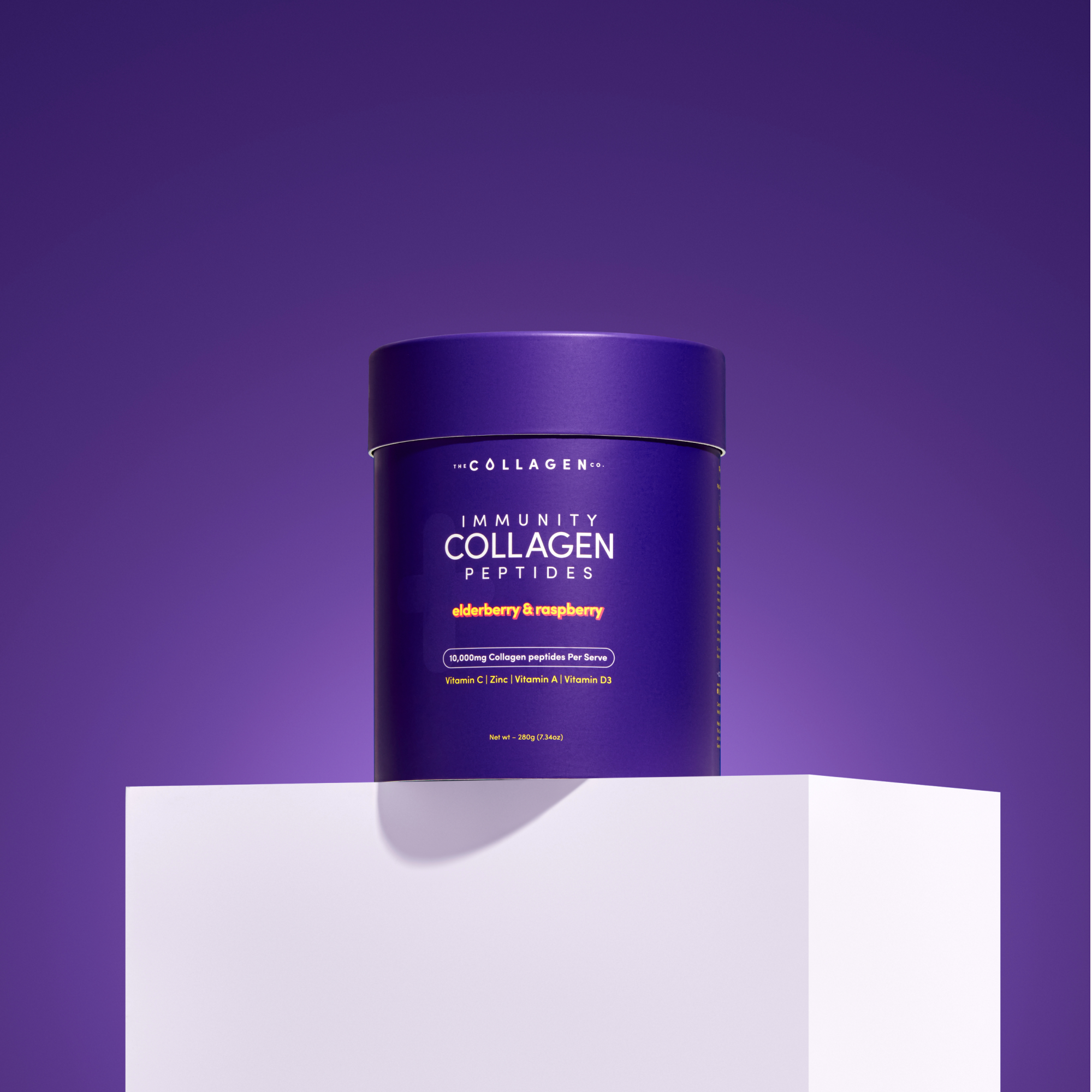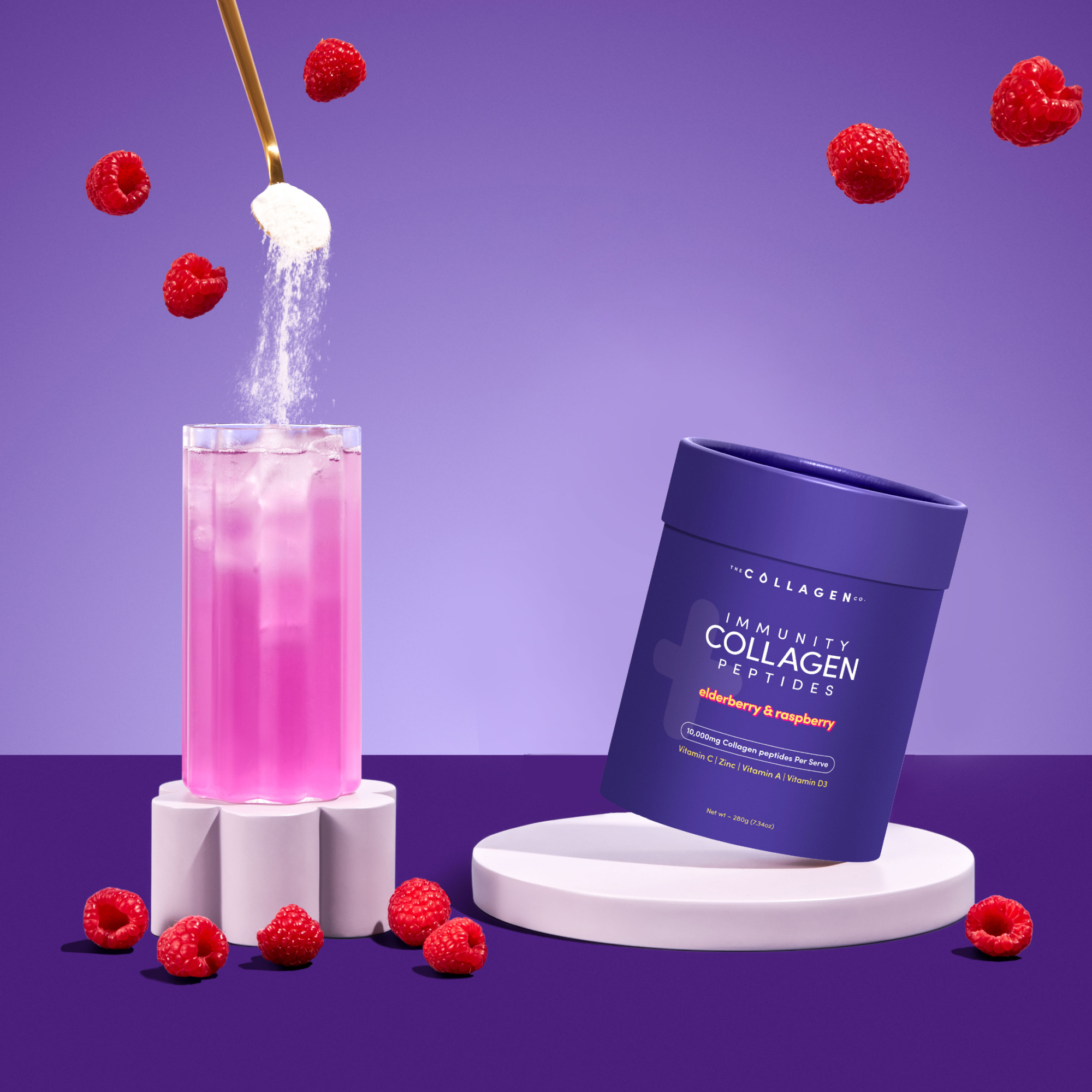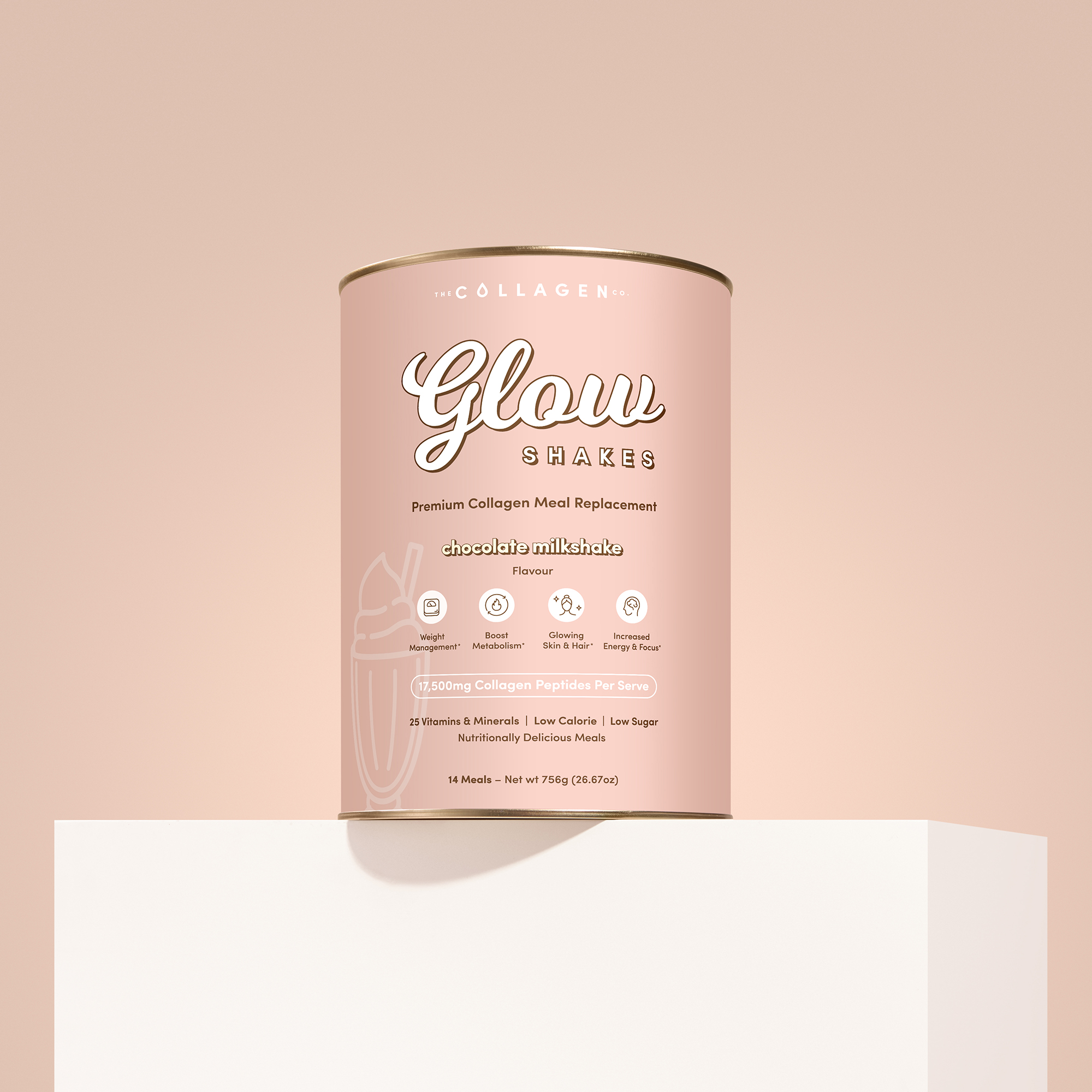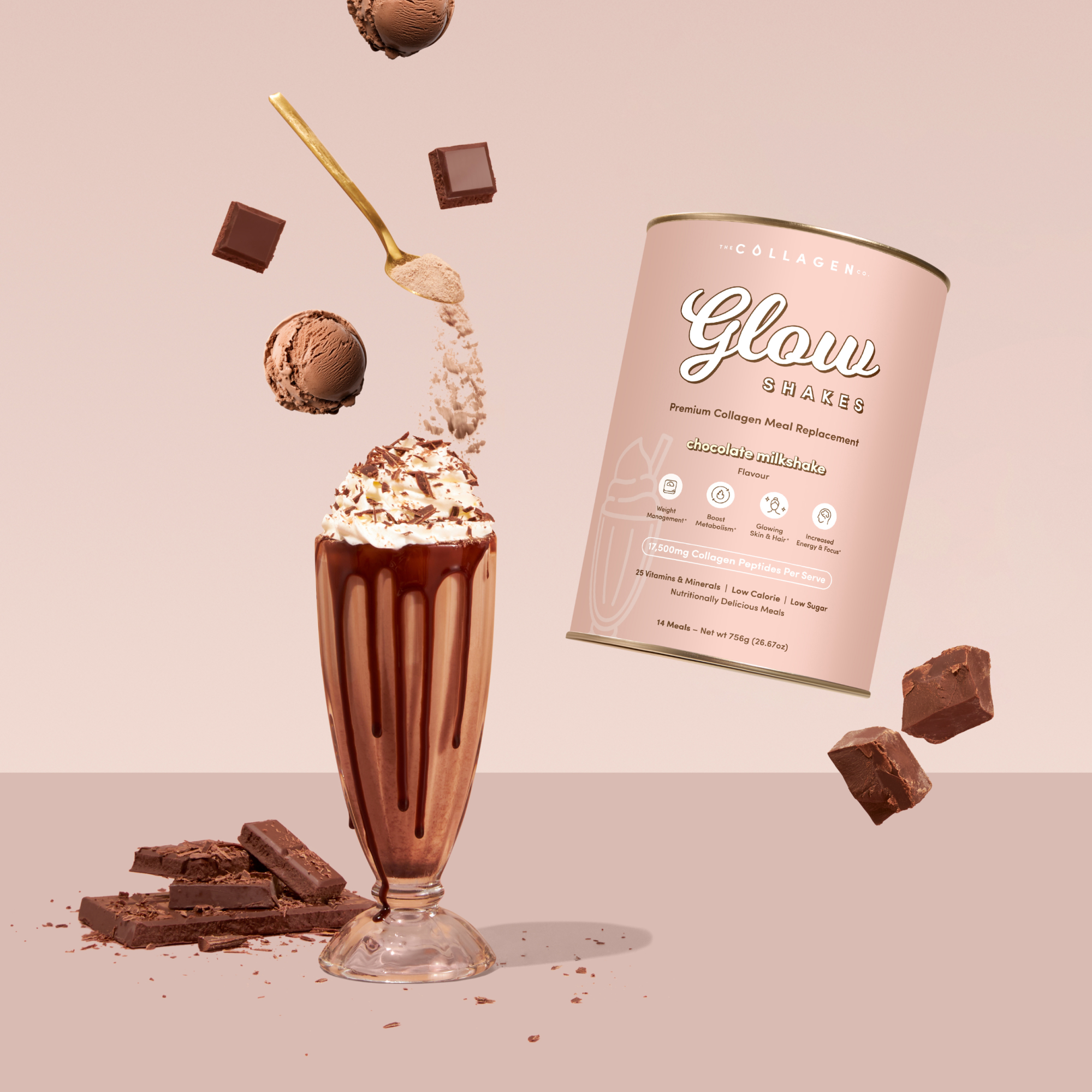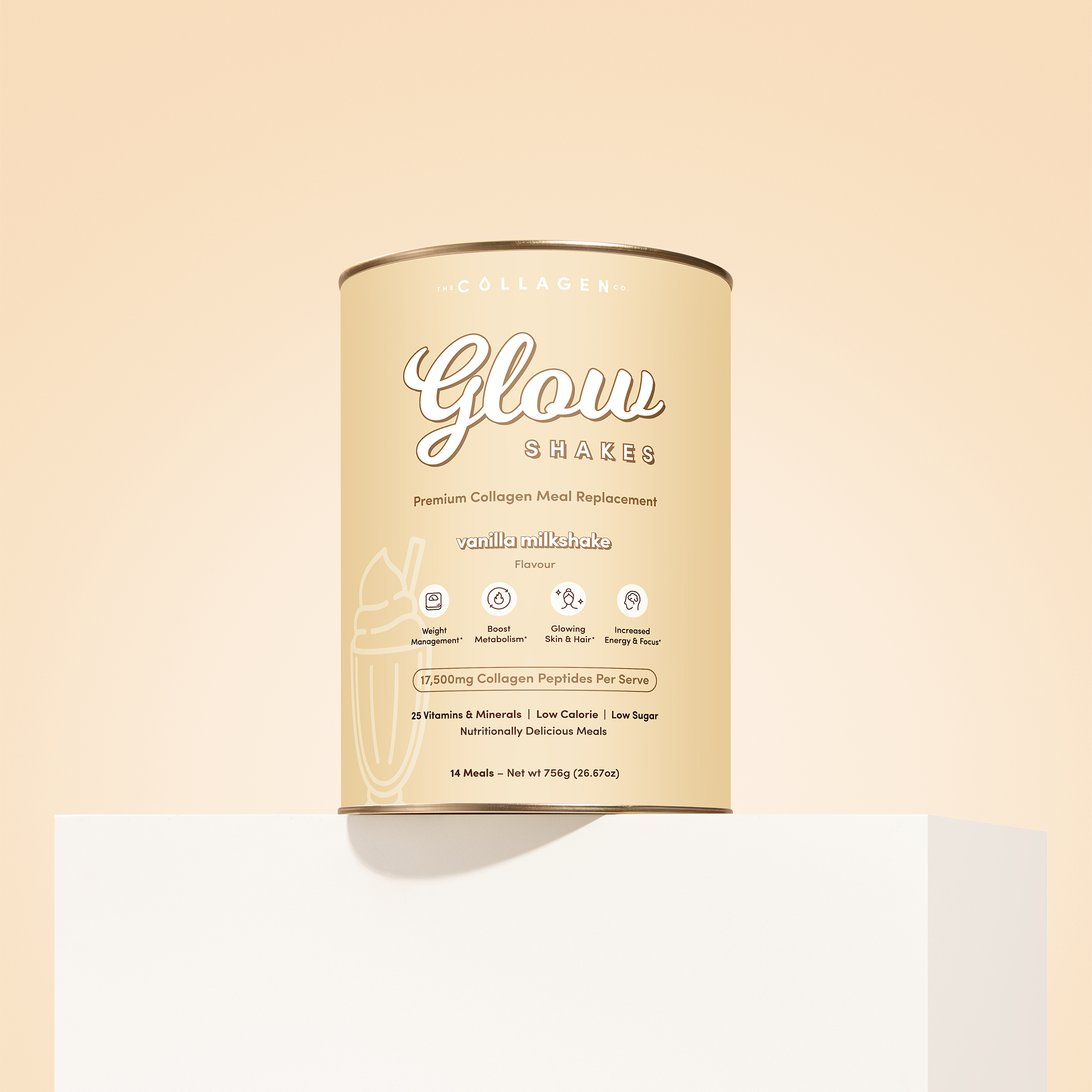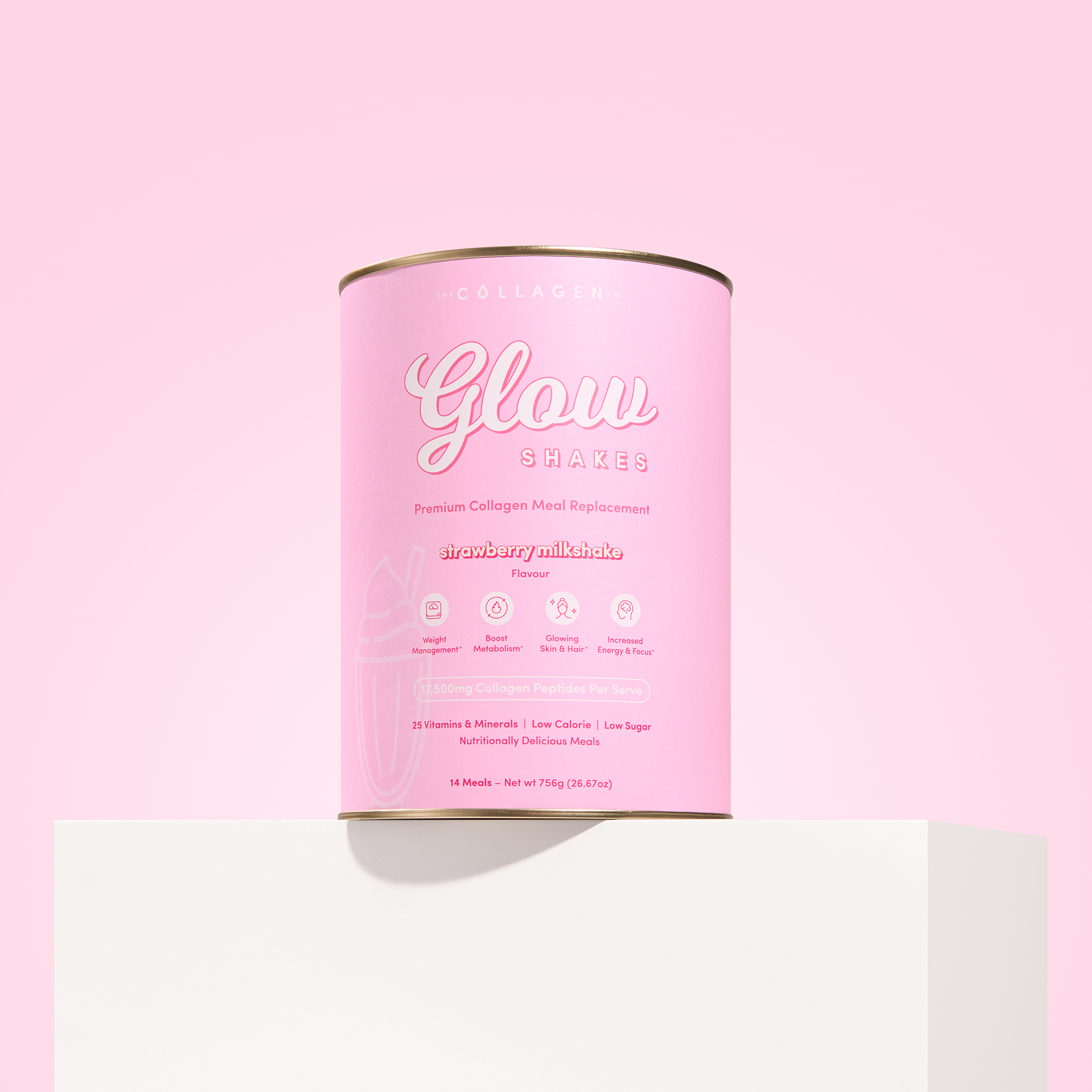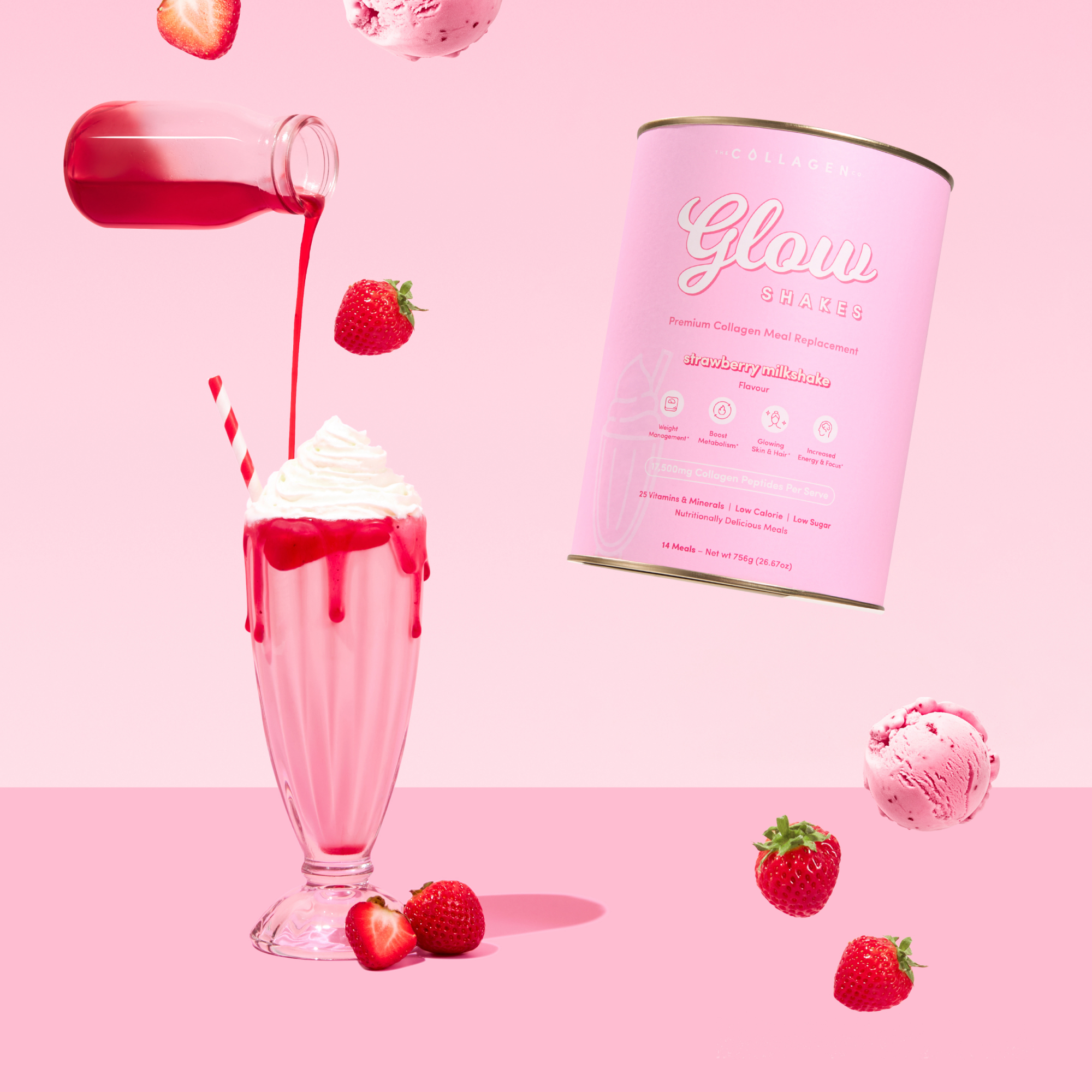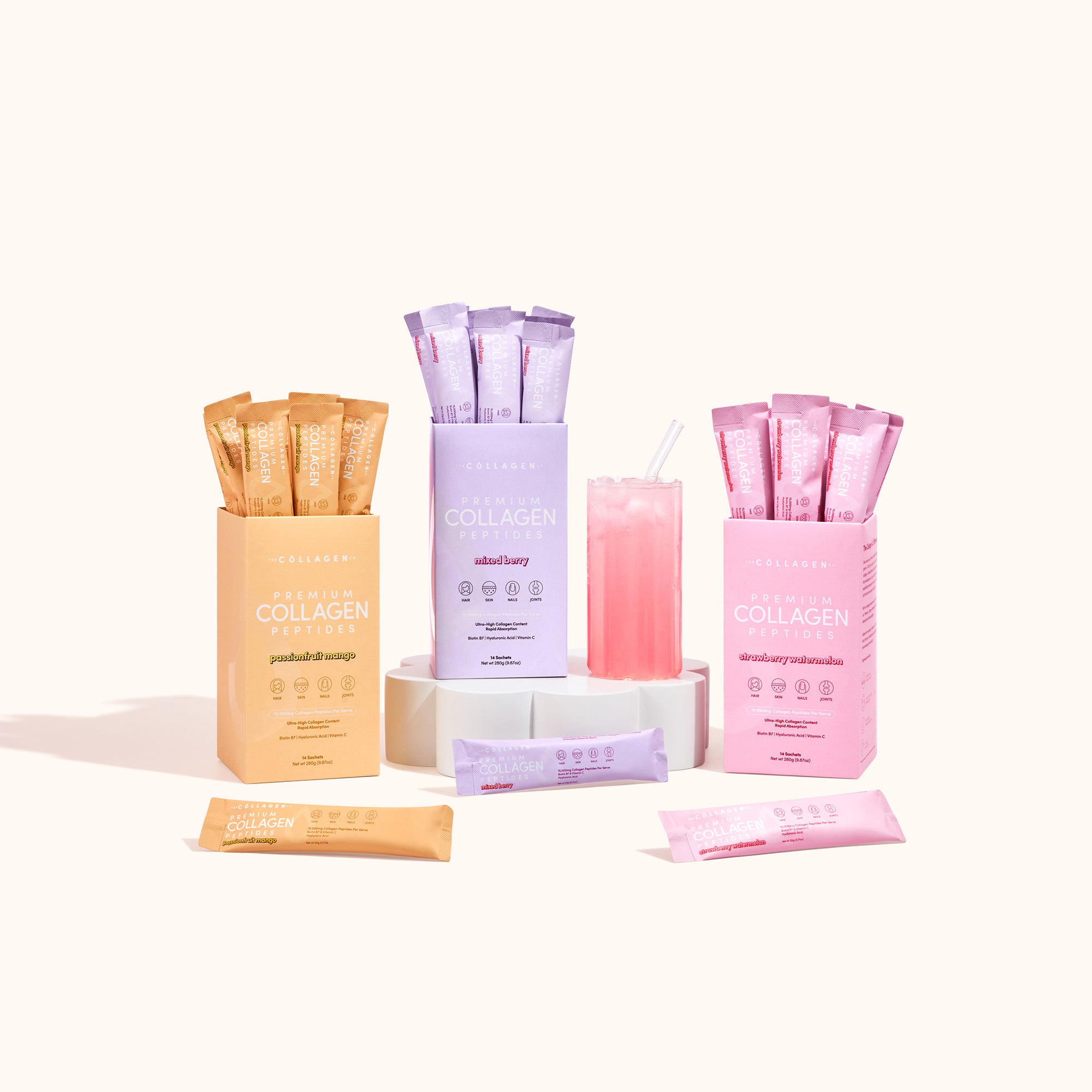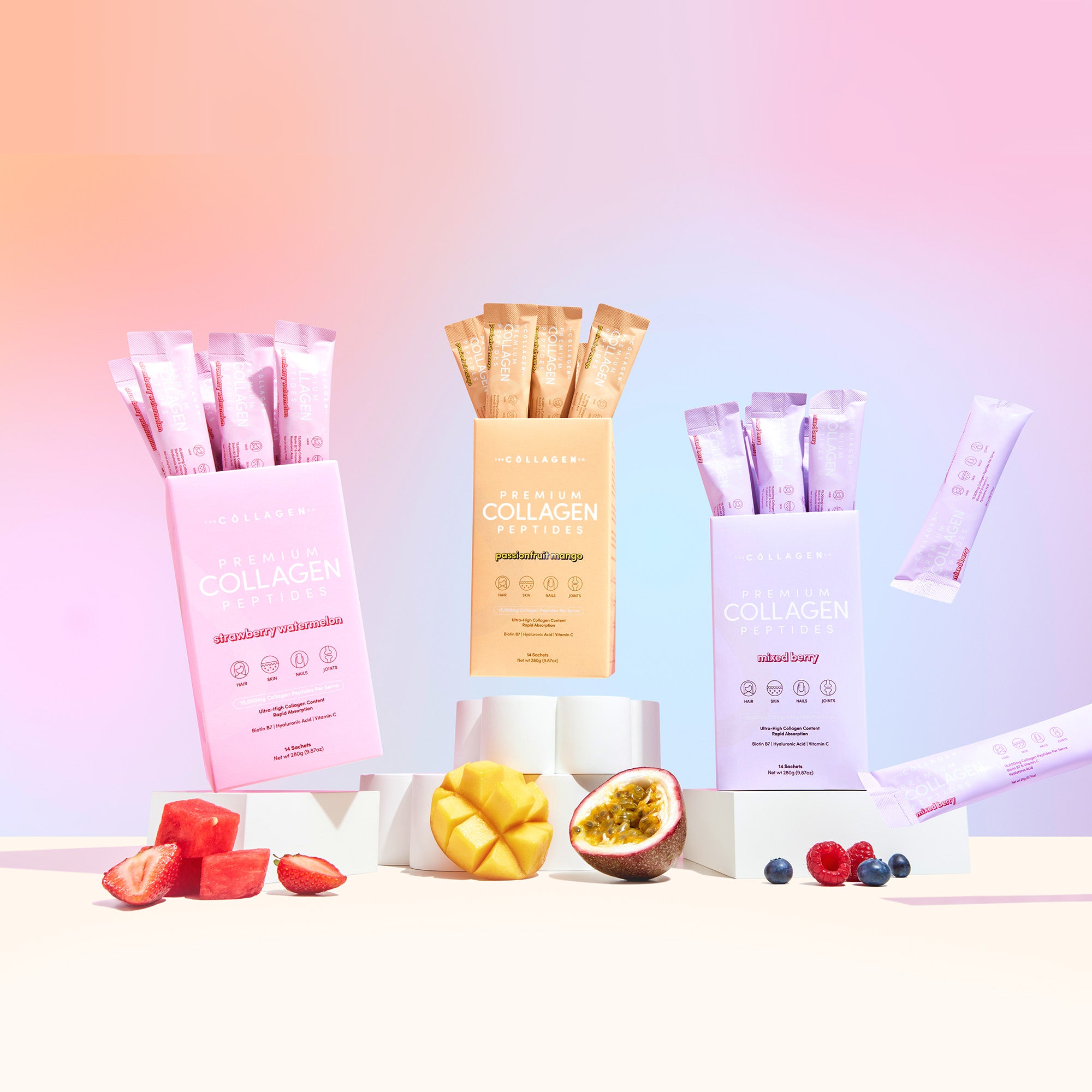4 Best Foods to Eat When You’re Sick (Quick Preparation Time!)
Posted 29th December 2023

You’re coughing. Sneezing. Sniffling.
With barely enough energy to clear the mountainous (and still growing) pile of tissues strewn by your bed, cooking yourself a nutritious meal — as helpful as it would be for your recovery — seems laughable.
But what if you could prepare something that’ll:
- Play nice with your sore throat/upset stomach
- Give your body the nutrients it needs to fight off whatever’s making you sick
- Just make you feel better in general
… in 10 minutes? Or even less? Yes, really. Here are 4 foods to eat when sick that you could whip up in a blink.
#1: Chicken soup
Chicken soup is one of the best foods to eat when sick.
The chicken and vegetables are all soft and easy to stomach, helping you get in the nutrients you need to feel better fast:
- Vitamins, minerals, and antioxidants: Leafy greens like spinach, bok choy, and lettuce are packed with iron and vitamins C and K, which are all nutrients well-known for their roles in supporting a healthy immune system. They also contain polyphenols (i.e., beneficial plant compounds with antioxidant properties) that support proper immune defense.
- Protein: Your body breaks protein down into amino acids, which regulate the activation of white blood cells (T- and B-cells), natural killer cells, and macrophages, plus the production of antibodies. Put simply, not getting enough protein when you’re sick could impair immune function — potentially keeping you unwell for longer.
And just so you know, there's actual research showing that chicken soup could help reduce inflammation in the upper respiratory tract for symptom relief in a common cold.
Ready to indulge in a steamy bowl of chicken soup? Here’s a quick and easy recipe.
Ingredients (2 servings)
- 2 cans of chicken broth
- 1 cup baby carrots
- 1 cup leafy vegetable of your choice (e.g., spinach or bok choy)
- 1 onion, chopped
- 1 clove garlic, minced
- 2 skinless, boneless chicken breast, diced
- A pinch of salt
- 1 tablespoon chopped cilantro (optional)
Instructions
- Bring the chicken broth to boil in a medium saucepan over medium-high heat. Add carrots, vegetables, onion, garlic, and salt.
- Reduce heat to low and add chicken breasts. Cover and simmer until chicken is thoroughly cooked, about 20 minutes*.
- Stir in cilantro. Enjoy.
*Um, wait. Didn’t we say it’ll take less than 10 minutes?
Technically speaking, the preparation (i.e., the chopping, slicing, and dicing) would only take you ~5 minutes. You’d spend the rest of the time simmering the broth — which wouldn’t require you to attend to the pot.
#2: Oatmeal
Chicken soup sounds great, but what if you:
- Have an unbelievably irritated throat that gets scratchier from solid foods or
- Prefer something bland because your taste buds are all out of whack?
One word: oatmeal. Contrary to its "plain Jane" reputation, oatmeal is 100% one of the best foods to eat when you're sick as it’s brimming with:
- Protein: 1 cup of oats contains 10.7 grams of immune-function-boosting protein. FYI, that protein content is higher than that of most other grains.
- Vitamins and minerals: Of these, the 3 most noteworthy are vitamin B1 (regulates immune activities), selenium (plays a fundamental role in maintaining an optimal immune response), and zinc (crucial for normal development and function of immune cells).
- Fiber: Oats contain a special type of soluble fiber called beta-glucan. Like other soluble fibers, beta-glucan can positively regulate your gut microbiota, paving the way for an optimally functioning immune system. Beta-glucan also acts as a natural stool softener. This means you can look forward to easier and more comfortable bowel movements; welcome news because who wants to strain on the toilet bowl when sick?)
And here's an oatmeal recipe you could put together in 5 minutes.
Ingredients (2 servings)
- 1 cup rolled oats
- 2 cups cow’s milk (or any other milk to suit your dietary restrictions/preferences)
- 1 medium banana, sliced
- ½ teaspoon vanilla extract
- ½ teaspoon cinnamon powder
- A pinch of salt
Instructions
- Combine all ingredients into a small saucepan and bring to a boil over medium-high heat.
- Turn the heat down to low and stir for 3 to 5 minutes until the oatmeal thickens to your desired consistency.
- Remove from heat. Dig in!
#3: Yogurt
If you’d like something cold instead, look no further than yogurt.
It’s easily gulp-able and relatively bland, so it’s unlikely to offend your sore throat or “off” taste buds.
Bonus: it also contains gut-health-promoting probiotics that could speed up your recovery.
According to a 2014 systematic review published in The British Journal of Nutrition, probiotics — the Lactobacillus and Bifidobacterium strains, specifically — could cut the number of days you feel sick.
On that note, this means you should ideally pick a yogurt that contains:
- Live bacterial cultures (look out for Lactobacillus or Bifidobacterium strains)
- As little extra ingredients as possible, you could add fruits, nuts, and flavors (e.g., cinnamon powder) if you wish
#4: Meal replacement shakes
The final item on our list of best foods to eat when you’re sick allows you to eat in seconds instead of minutes.
And it’s none other than meal replacement shakes.
For the uninitiated, a meal replacement shake is formulated to provide the nutrition of a full meal. Most meal shakes contain 200 to 400 calories and a good amount of protein, fiber, and essential vitamins and minerals.
As mentioned earlier, all those help support your immune function in kicking that cold/infection/virus.
That said, not all meal replacement meals are created equal.
You generally want to avoid those bloated with unhealthy ingredients, such as added sugars, corn syrup, artificial flavors, and chemical preservatives. Instead, keep your eyes peeled for a quality meal replacement shake that:
- Is high in protein: At the risk of sounding like a broken record, protein = amino acids, which are great for your immune system.
- Low in added sugar: The World Health Organization (WHO) recommends limiting your sugar intake to less than 10% of your energy intake; on average, this equals about 50 grams of sugar daily. You can find the reason in this 2023 review published in The BMJ. It found that high consumption of added sugar was associated with significantly higher risks of 45 adverse health outcomes, including diabetes, obesity, high blood pressure, cancer, depression, and early death.
- Tastes good: When you’re sick, the last thing you want to do is eat something that doesn’t taste good.
If the thought of vetting thousands of meal replacement shakes against those standards is making your headache more than it already is, let us point you in the right direction: The Collagen Co’s Glow Shakes.
These tick all the boxes and more. Check all 3 delicious milkshake flavours (Chocolate, Strawberry, and Vanilla) out here.

